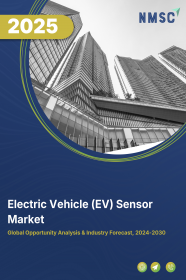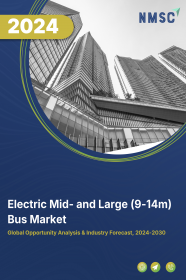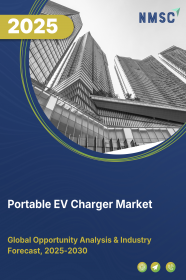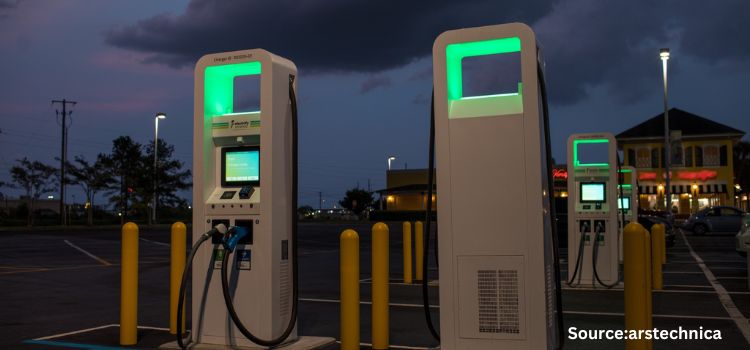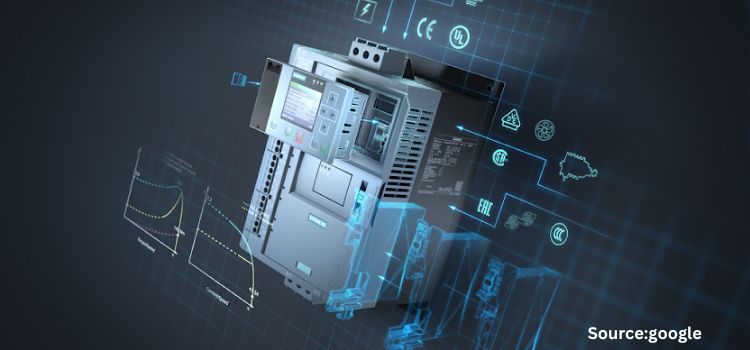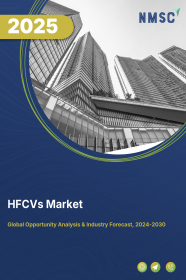
Hydrogen Fuel Cell Vehicles (HFCVs) Market by Components (Fuel Cell Stack, Thermal System (Cooling), Transmission, Power Electronic Controller, Fuel Tank (Hydrogen), and Others), by Type (Passenger Vehicles and Commercial Vehicles), by Technology (Proton Exchange Membrane Fuel Cell, Alkaline Fuel cell, Solid Oxide Fuel Cell, and Others) –Global Opportunity Analysis and Industry Forecast 2024-2030
Industry: Automotive & Transportation | Publish Date: 15-Feb-2025 | No of Pages: 200 | No. of Tables: 108 | No. of Figures: 78 | Format: PDF | Report Code : AT82
US Tariff Impact on HFCVs Market
Trump Tariffs Are Reshaping Global Business
Hydrogen Fuel Cell Vehicle Market Overview
At an estimated value of over USD 9.98 billion in 2020, the global Hydrogen Fuel Cell Vehicle Market is predicted to thrive at a CAGR of 49.8% during the forecast period 2021-2030 and valued at over USD 850.67 billion by 2030.
These vehicles use hydrogen fuel cells to power an onboard electric motor. Vehicles using hydrogen fuel cells do not emit any greenhouse gasses as opposed to diesel or gasoline vehicles. Due to this eco-friendly characteristic, hydrogen fuel cell vehicles are expected to have massive potential throughout the forecast period.
Market Dynamics and Trends
There has been tremendous growth in the automotive industry owing to increased demand for vehicles. However, in recent times, there has been increasing awareness and concerns with regards to the adverse environmental impact caused by engines running on fossil fuel, as they emit significant amounts of greenhouse gases. This in turn is expected to support the hydrogen fuel cell vehicle market growth over the forecast period.
Other factors such as technological advancements, improved performance, reduced noise, rising petroleum prices and stringent government regulation about environmental conservation are further expected to augment the growth of hydrogen fuel cell vehicle market. However, high cost of these vehicles is expected to hamper the market growth to some extent. On the other hand, innovations, and aggressive research and developments are expected to create ample opportunities for the market players in the coming years.
Market Segmentations and Scope of the Study
The hydrogen fuel cell vehicle market report is segmented on the basis of vehicle type, technology and geography. On the basis of type, the market is segmented into passenger vehicle and commercial vehicle. On the basis of technology, the market is segmented into proton membrane exchange, phosphoric acid fuel cell and others. Based on geography the market is segmented into North America, Europe, Asia Pacific and RoW.
Geographical Analysis
North America holds the lion's share of the hydrogen fuel cell vehicle market. This is attributed to factors such as higher purchasing power, better transportation infrastructure, access to hydrogen fueling stations, and technological advancements. Also, governments in the U.S. and Canada are encouraging its citizens to adopt vehicles that runs on alternate energy. For example, the state of California in the U.S. has been investing heavily for the development of 100 hydrogen refueling stations to meet its target of 1.5 million zero-emission vehicles by 2025. This is also contributing towards the growth of the global market in this region.
However, Asia Pacific is predicted to show rapid and consistent growth in market share within the forecast period owing to the heavy investments by the major players and government’s in this region. For instance, South Korean automotive manufacturer Hyundai Motor and SK Holding have recently committed to make multibillion-dollar investments, which will play a pivotal role in bridging the gap between hydrogen dreams and reality. Similarly, China had raised hydrogen’s profile in its 14th five year plan (2021-2025), and shows signs of picking national champions like Beijing Sinohytec. Also, surge in disposable income of the expanding population in this region is further expected to propel growth of the hydrogen fuel cell vehicle market.
Competitive Landscape
Lucrative growth opportunities make the hydrogen fuel cell vehicles industry extremely competitive. Some of the major players in the market are Honda, Toyota, Hyundai, Dailmer, Audi, Ballard Power System, MAN, Volvo, BMW and General Motors among others. Strategic alliances, acquisitions and innovations along with R&D are key strategies used by market players to maintain market dominance.
Key Benefits
-
The hydrogen fuel cell vehicles market report provides the quantitative analysis of the current market and estimations through 2021-2030 that assists in identifying the prevailing market opportunities to capitalize on
-
The study comprises a deep dive analysis of the hydrogen fuel cell vehicles market trend including the current and future trends for depicting the prevalent investment pockets in the market
-
The information related to key drivers, restraints and opportunities and their impact on the global market is provided in the report.
-
The market share of the players in the global hydrogen fuel cell vehicles market along with their competitive analysis.
-
Value chain analysis in the market study provides a clear picture of the stakeholders’ roles.
Hydrogen Fuel Cell Vehicles Market Key Segments
By Vehicle Type
-
Passenger Vehicle
-
Commercial Vehicle
By Technology
-
Proton Membrane Exchange
-
Phosphoric Acid Fuel Cell
-
Others
By Geography
-
North America
-
U.S.
-
Canada
-
Mexico
-
-
Europe
-
Germany
-
France
-
UK
-
Russia
-
Rest of Europe
-
-
Asia-Pacific
-
Japan
-
China
-
India
-
South Korea
-
Rest of Asia-Pacific
-
-
RoW
-
Latin America
-
Middle East
-
Africa
-
Key Players
-
Audi AG
-
Ballard Power Systems Inc.
-
BMW Group
-
Daimler AG
-
General Motors Company
-
Honda Motor Co., Ltd.
-
Hyundai Motor Group
-
Man SE
-
Toyota Motor Corporation
-
Volvo Group
Report Scope and Segmentation
|
Parameters |
Details |
|
Analysis Period |
2020–2030 |
|
Base Year Considered |
2020 |
|
Forecast Period |
2021–2030 |
|
Market Size Estimation |
Billion (USD) |
|
Market Segmentation |
By Vehicle Type (Passenger Vehicle and Commercial Vehicle) and by Technology (Proton Exchange Membrane Fuel Cell, Phosphoric Acid Fuel Cells, and Others) |
|
Geographical Segmentation |
North America (U.S., Canada, Mexico) Europe (UK, Germany, France, Russia, Rest of Europe), Asia-Pacific (China, Japan, India, South Korea, Rest of APAC), Rest of the World (Latin America, Middle East, Africa) |
|
Companies Profiled |
Honda, Toyota, Hyundai, Dailmer, Audi, Ballard Power System, MAN, Volvo, BMW and General Motors |

















 Speak to Our Analyst
Speak to Our Analyst



